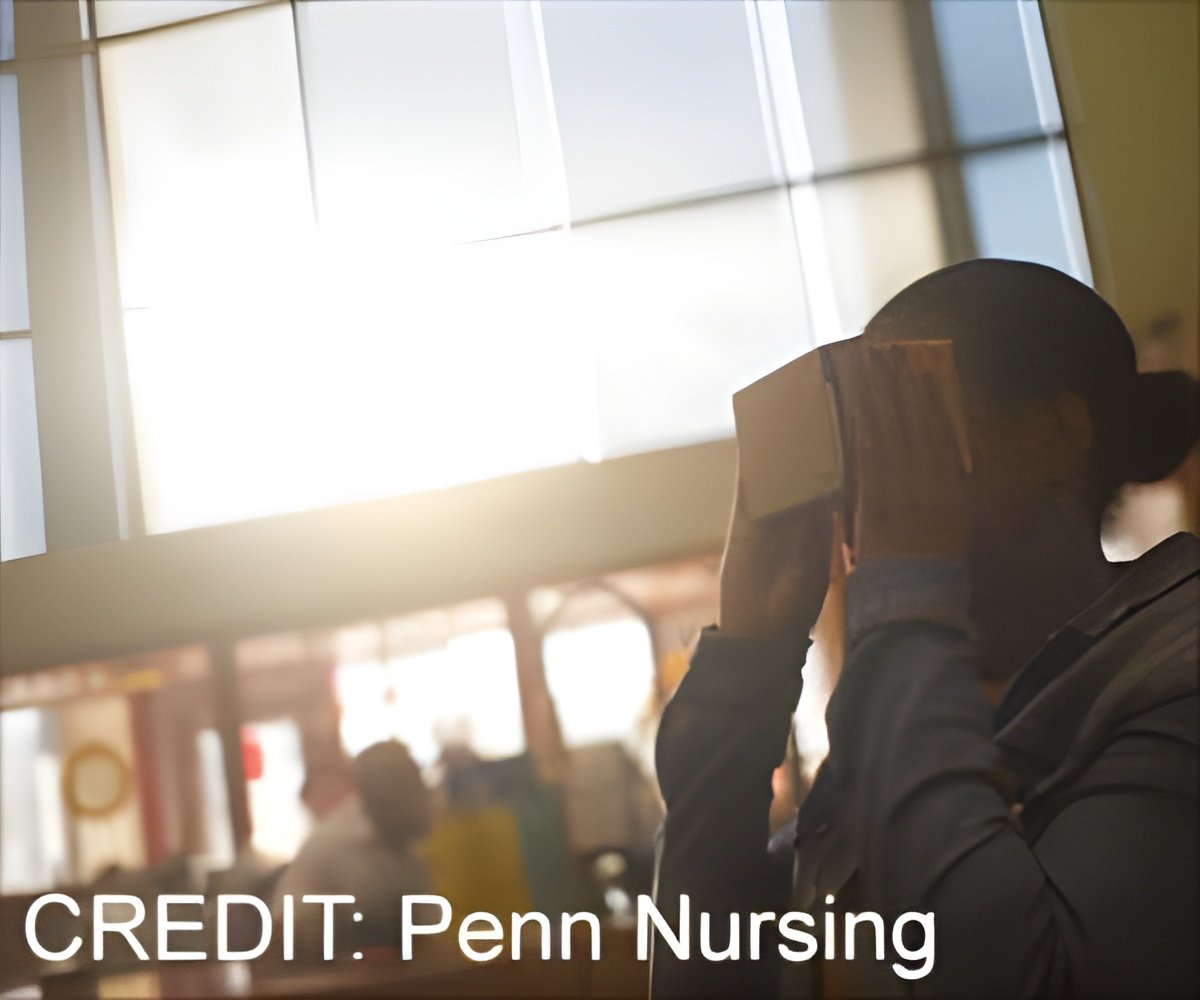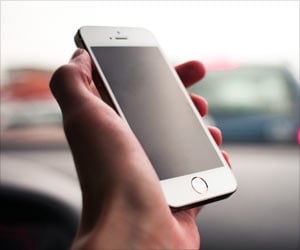Virtual reality haptic simulators improve dental students' clinical readiness.

Impact of the Haptic Virtual Reality Simulator on Dental Students' Psychomotor Skills in Preclinical Operative Dentistry
Go to source.
‘Dental students trained with VR simulators perform significantly better and experience less stress than those using only traditional methods?
#dentaltech #medindia
’





Advertisement
Virtual Reality in Dentistry
Traditional preclinical dental education uses artificial teeth along with extracted teeth for training purposes however better simulation possibilities exist. Virtual reality haptic simulators offer virtual training environments that precisely duplicate clinical procedure sensations. This shift isn’t just high-tech hype — it’s a strategic move to boost skill-building while reducing the anxiety of first-time learners . The future is not only visual; its tangible.Advertisement
Study Design and Student Transformation
Forty dental students received their training by participating in either traditional methods or in initial VR simulations. The participants who started training on simulators achieved better manual dexterity and received higher scoresaccording to educator and self-assessment evaluations. The systematic procedure showed VR introduction in early training creates better understanding of procedures alongside improved real-world achievements.Confidence Soars- the Results
Students who used VR as practice experienced decreased stress levels and gained confidence prior to performing hands-on tasks. The anxiety levels of students decreased steeply when they needed to work with artificial teeth yet remained higher for participants who did not experienceReference:
- Impact of the Haptic Virtual Reality Simulator on Dental Students' Psychomotor Skills in Preclinical Operative Dentistry- (https://pubmed.ncbi.nlm.nih.gov/35076504/)
Source-University of Eastern Finland











